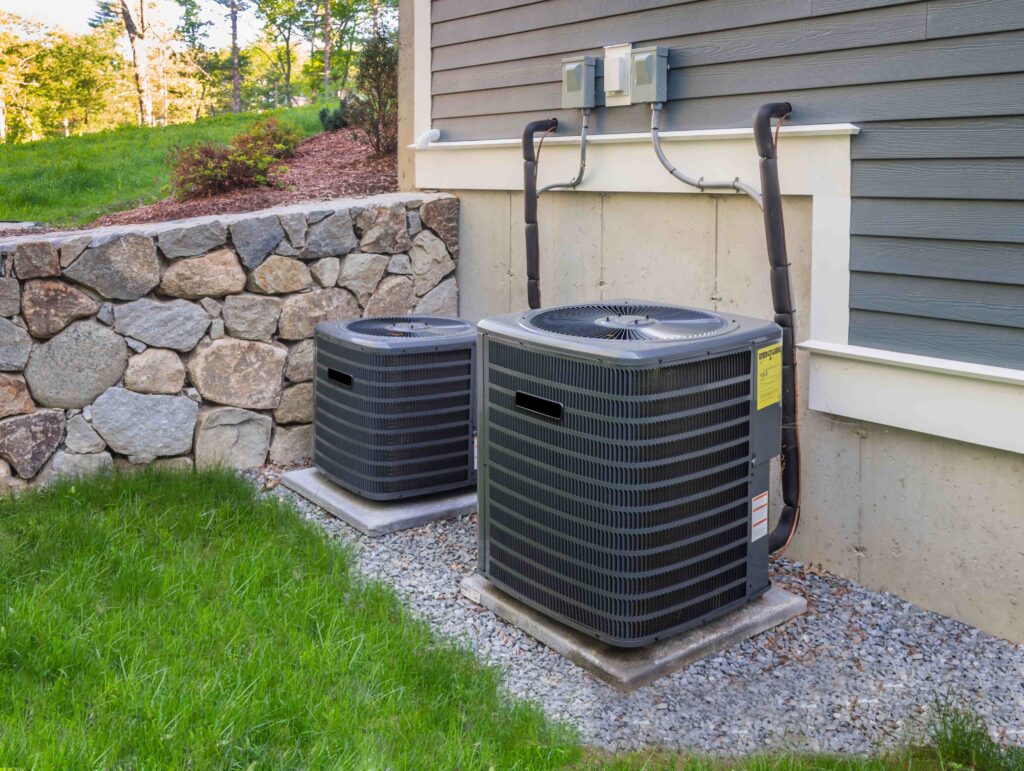
How to Prevent Lightning Damage to Your HVAC
In 2018 there were over 77,000 insurance claims and payouts for lightning losses in the United States with the months of July and August being the highest number of lightning incidents. (1) Lightning literally can strike anywhere. It can cause physical damage to your home and can even start fires. While there is no way to stop lightning strikes from happening, there are ways to protect your home from lightning damage that can end up costing you thousands of dollars in home repairs. However, one of the easiest ways to protect your home from lightning, power surges and other forces of nature that can cause damage to your home, is to have the right homeowner’s insurance policy.
HVAC Maintenance
Often after a bad storm people think that the storm created damage to their unit, when it was just older parts that broke due to lack of service or old age. Make sure your HVAC unit is in good working order. Having a professional service visit once a year can let you know if any of the units components are in need of replacement.
Turn Off Your HVAC Unit During Bad Storms
When confirming lightning damage, there will always be signs of visual evidence such as black marks or charring of the housing. The initial strike can damage the unit, but also the power surge following an outing. If you HVAC unit is running the A/C or heat and suddenly the power goes out, or even when the power kicks back on, that sudden surge can cause damage to the units components.
Home Power Surge Protection
To further protect your entire home, you can always call a certified electrician to make sure your home is grounded. In the event of a power sure, extra surge protection can be the difference between major damage and no damage. This equipment can be installed at central locations such as the main electrical panel, and/or individual suppressors can be installed at locations such as the air handler and the outdoor compressor/condenser unit. The problem with power surges is that any damage that results from lightning striking is usually not covered under an HVAC system warranty.
Homeowners Insurance Policy
Whether it be a lightning direct strike or a power surge, if a storm causes damage to your HVAC unit, Your current homeowner’s insurance policy may or may not include coverage. Keep your wallet and your home protected. Ask us more about our homeowner’s policies options. And if lightning strikes, the damage done to your HVAC unit could be covered by your homeowners insurance.
Contact the insurance experts here at Staples if you have any questions or concerns.
(1)Source: Insurance Information Institute, Inc.

